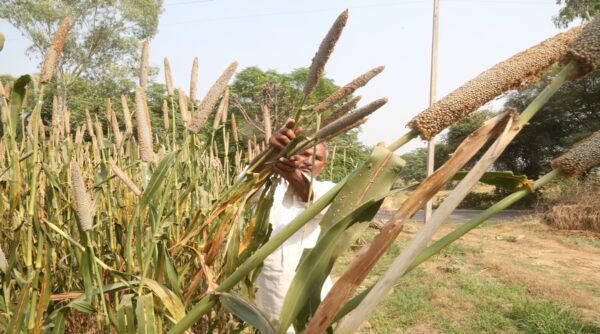If you witness a car accident, a robbery, or another crime, it’s imperative to be a helpful witness. Police officers responding to the scene may ask you to lend an immediate statement, or you may be called by insurance companies, lawyers, or other authorities in the future to recount what you saw and experienced on the scene. It’s on you to give the most accurate statements possible and contribute to a successful investigation.
So how do you do it?
Identify Yourself as a Witness
Your first job is to identify yourself as a witness. In some instances, witnesses are practically required to finish solving a case; they may have crucial details, like being able to identify the make and model of the vehicle involved, that can close loose ends.
The trouble is, some people don’t understand that they’ve just witnessed something important. For example, let’s say you’re walking on the sidewalk and you hear a screech. You turn around and see two cars that seem to have struck each other. You didn’t technically see the accident unfold, but you still may have valuable details that can help investigating officers (and lawyers, in the future).
For example, you heard the sound of screeching, which tells you that someone slammed on their brakes. You also see the condition of the cars involved, what they look like, and if you respond to the scene, who the drivers and passengers are.
Once you understand that you’re a witness, you can start paying closer attention – and volunteer your knowledge to the people who need it.
Collect Your Own Evidence (When Possible)
Try to collect your own evidence of the crime, when it’s safe and reasonable for you to do so. For example, you might consider taking a photo of the scene of the crash or taking a video of the fight that’s unfolding in front of you. This way, it will be less likely for you to misremember events in the future – and you’ll have a positive, concrete piece of evidence you can lend to the case.
Take Notes As Soon As Possible
Even if you’re not collecting any photo or video evidence, try to take your own notes on the events that unfolded – and take them as soon as possible. Human memory is unreliable; what we remember often differs strongly from what actually unfolded, colored by the emotions we feel after the inciting incident or corrupted by other outside influences. However, if you jot down a few sentences about what you saw or if you make a voice recording that outlines the event, these permanent records can’t be as easily corrupted.
Avoid Manipulative Questions and Comments
Next, be aware that the people connected to the incident may try to manipulate you, whether they realize it or not. They may ask you leading questions or put ideas in your head, compromising your original vision of what you witnessed.
For example, the driver of a vehicle involved in the crash may ask you something like, “did you see that car come out of nowhere? I was at a complete standstill and he just T-boned me,” despite the fact that you saw his vehicle enter the intersection while the light was red.
If you run into a situation like this, remain calm and nonconfrontational. Avoid letting your version of events get changed by the people around you.
Admit What You Don’t Know (or Don’t Remember)
It’s good to provide as much detail as possible when being questioned by authorities or when attempting to establish a clear order of events. However, it’s important to understand the limits of your own eyewitness account – and express those limits to the people around you. If you don’t know something, if you aren’t sure, or if you never saw it, admit it.
What If I Don’t Want to Be a Witness?
There are legitimate reasons you may not want to act as a witness. You may be in a hurry to complete other priorities, you may not want to get involved in the affairs of others if you doubt your own perception or memory, and in some cases, you may fear retaliation or have concerns about your privacy or safety. If you’re on the scene and you haven’t been identified as a witness, you may be able to avoid taking on the responsibilities of a witness.
However, if you’ve been subpoenaed, you may not have a choice in the matter. Consider your position and your obligations carefully before you take any drastic action.
Being a helpful witness can make you feel productive, accomplished, and even altruistic – especially if it helps a person seek justice in a major criminal incident. And if you follow the strategies outlined in this article, you can serve that role to the best of your ability.



